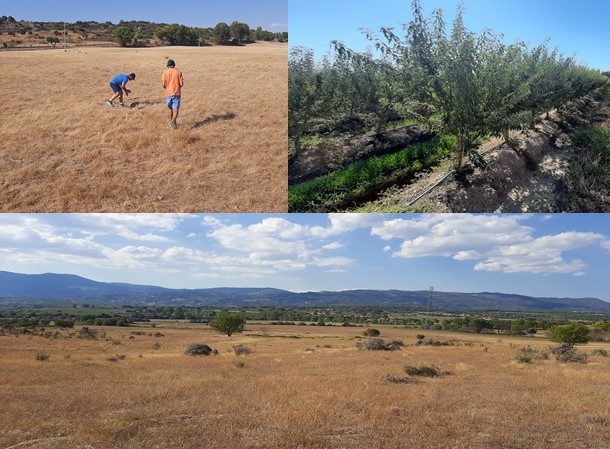Traditional knowledge comprises a set of information, ways of doing, creating and knowing, which are passed from generation to generation, representing communities’ work and being part of their culture, practices, and customs. The inclusion of the populations’ knowledge is thus essential in adopting strategies and actions for the conservation and sustainable use of endogenous natural resources, pursuing new society-nature relationships that seek to provide adequate responses to the 2030 Agenda’s challenges, in particular, the promotion of sustainable agriculture and consumption.
This study aims to map local communities’ interactions around endogenous resources with potential for valorisation in the Central Region (Beira Baixa) (e.g. black-eyed beans, quince, sour cherry), focusing on the local ecological knowledge. The research work will collect information regarding the use and customs as well as analyse the local ecological knowledge associated with these resources.
By sharing technical-scientific and traditional knowledge, it aims to contribute to the valorisation of endogenous natural resources, their varieties and the territory as sustainable agroecological systems.

@ 2022 Cultivar. All rights reserved
